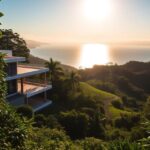Understanding Costa Rica Pensionado Visa Requirements
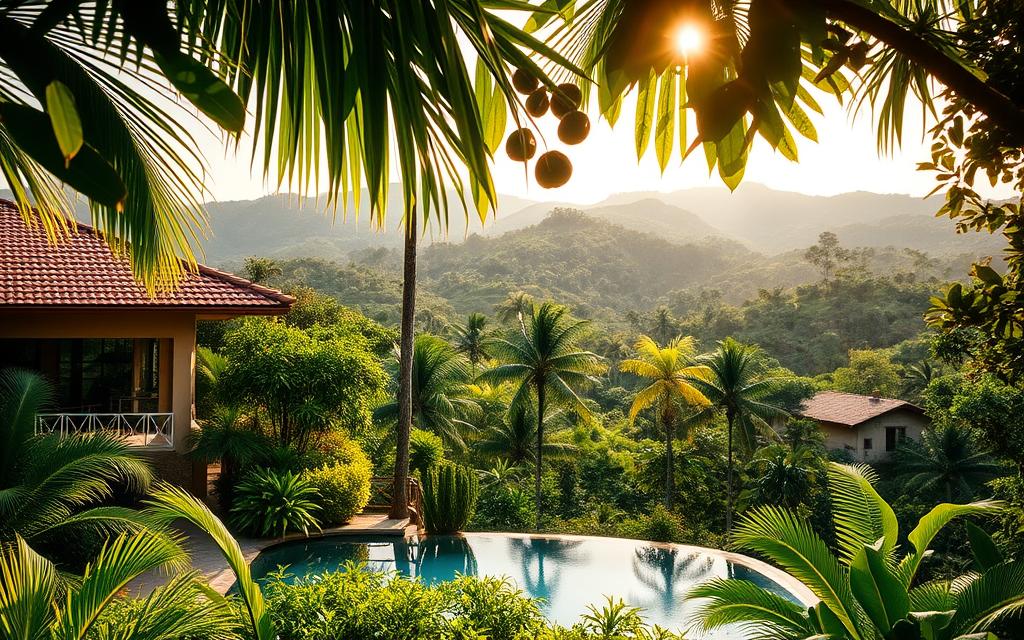
Residency in Costa Rica has become an attractive option for individuals and families seeking a better quality of life. This Central American country is known for its natural beauty, mild climate, and rich culture.
The Pensionado Visa is designed for individuals with a steady income of at least $1,000 per month for life. This visa category offers numerous benefits for retirees, including the opportunity to enjoy Costa Rica's welcoming culture and stable democracy.
To ensure a smooth transition to life in this beautiful country, it's essential to understand the specific requirements and application process for the Pensionado Visa.
What is the Costa Rica Pensionado Visa?
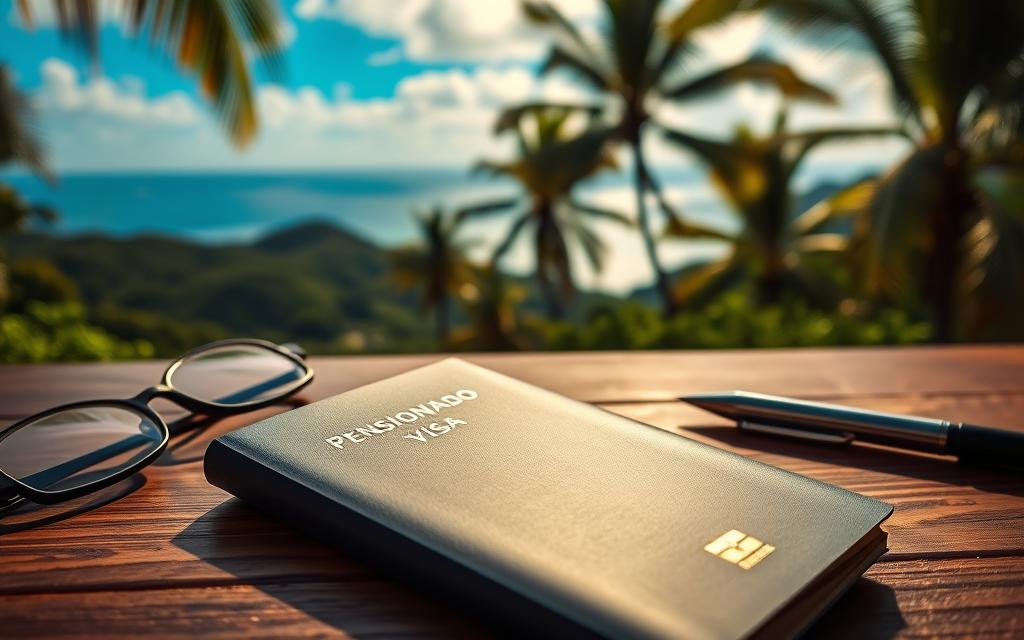
Costa Rica's Pensionado Visa program is tailored to individuals with a stable pension income, offering a pathway to residency in a country known for its natural beauty and welcoming culture.
Overview of the Pensionado Program
The Pensionado Visa is designed for individuals who receive a pension from a government or business, social security, or other fixed income retirement plan. To qualify, applicants must demonstrate a monthly pension income of at least $1,000. This program is part of Costa Rica's strategy to attract foreign retirees who can contribute to the local economy.
Benefits of Choosing the Pensionado Visa
Choosing the Pensionado Visa comes with numerous benefits, including discounts on various services and products in Costa Rica, such as medical services, transportation, and entertainment. Additionally, there's a tax advantage on income received from outside Costa Rica, allowing retirees to maximize their retirement funds. For more detailed information on how to make the most of these benefits, you can visit this resource.
The program also offers a straightforward path to permanent residency after three years, making it an attractive long-term option for those planning to settle in Costa Rica.
Costa Rica Pensionado Visa Requirements
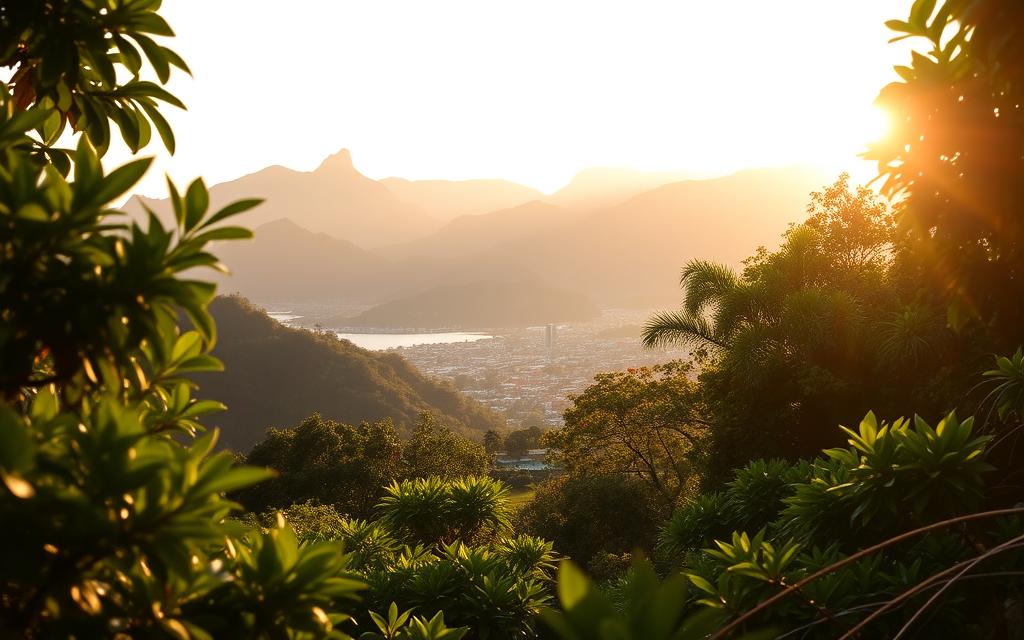
The Pensionado Visa program in Costa Rica comes with specific financial requirements that applicants must meet to qualify for residency. Understanding these requirements is essential for a successful application.
The $1,000 Monthly Pension Requirement
To qualify for the Pensionado Visa, applicants are required to have a guaranteed lifetime pension of at least $1,000 per month. This income threshold is a critical factor in determining eligibility for the visa. The monthly income requirement is non-negotiable and applies regardless of how much time applicants plan to spend in Costa Rica each year.
Proving Your Pension is Lifelong
It's crucial that your pension documentation specifies the benefit as lifelong. Income from employment, salary, or tips does not count as unearned income. Documentation proving that your pension is lifelong is crucial for a successful application. Immigration officials look for documents that clearly state the pension is guaranteed for life, rather than being temporary or employment-based.
For couples applying together, determining which spouse should be the primary applicant based on pension amounts can optimize the application process. This strategic decision can make a significant difference in the success of the application.
Who Qualifies for the Pensionado Visa?
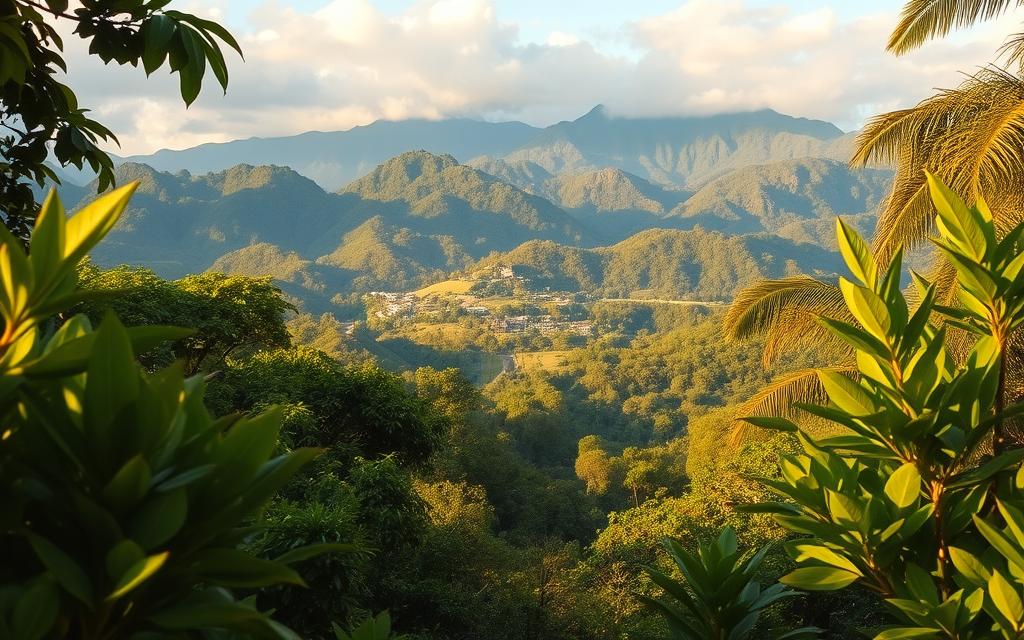
Understanding who qualifies for the Costa Rica Pensionado Visa is crucial for a successful application. To qualify, applicants must have a guaranteed lifetime pension of at least $1,000 per month.
Eligible Pension Sources
Various pension sources are accepted for qualification, including government pensions, social security benefits, and private company retirement plans. For couples applying together, it's advisable to determine which spouse has the pension closest to $1,000 without going below, as this affects CAJA costs. Eligible pension sources are not limited to these options, as other guaranteed lifetime income sources may also be considered.
Including Family Members in Your Application
Applicants can include family members in their Pensionado visa application. Spouses and dependent children who are 24 years of age or younger can be included. For detailed guidance on the application process, you can visit this resource. When applying with family members, it's essential to understand how this affects your overall application and the associated costs, such as CAJA healthcare costs.
Essential Documentation for Your Application
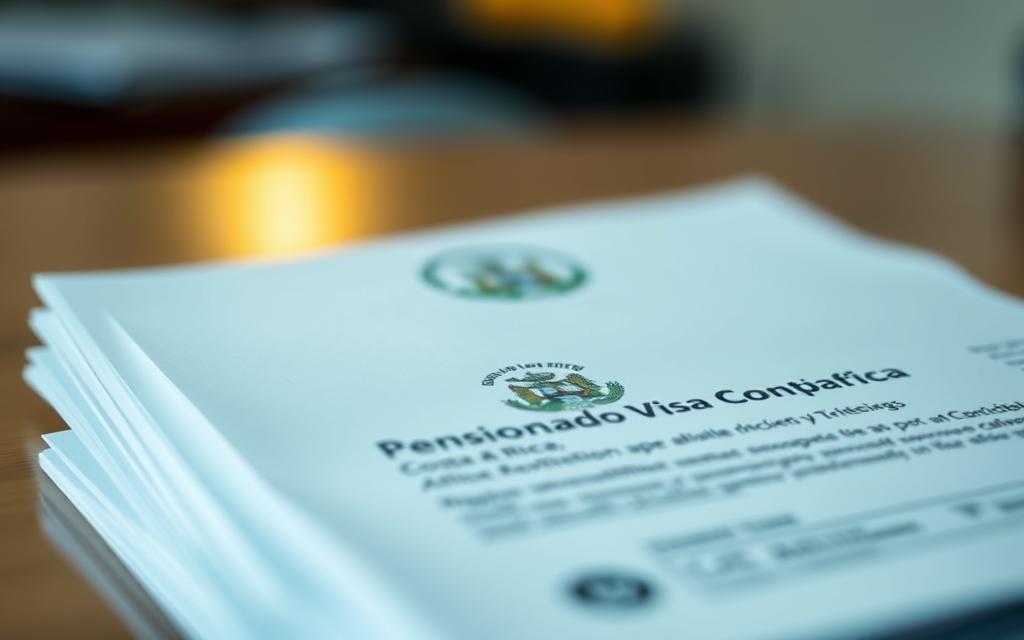
Gathering the required documents is a pivotal step in the Pensionado Visa application process, and we're here to guide you through it. To ensure a smooth application, it's crucial to understand the various documents needed.
Birth Certificates and Marriage Licenses
Applicants must provide official copies of their birth certificates, and if applicable, marriage licenses. These documents must be apostilled or authenticated by the relevant authorities. Ensuring that these documents are properly authenticated and translated is vital, as is verifying that all personal details match the information on your passport.
Criminal Background Checks
A criminal background check from the applicant's home country, as well as any countries where they've lived for the past five years, is required. This check must be recent and officially translated into Spanish. The background check is a critical component of the application process, and its accuracy is paramount.
Proof of Pension Income Documentation
To qualify for the Pensionado Visa, applicants must provide proof of a lifelong pension of at least $1,000 per month. This involves submitting official letters from pension administrators or benefit statements that clearly demonstrate the income is guaranteed for life and meets the minimum threshold. Ensuring that your pension income documentation is comprehensive and accurate is essential for a successful application.
The Application Process Step by Step

To successfully apply for the Pensionado Visa, it's crucial to understand the step-by-step process involved. The application process can be complex, but breaking it down into manageable steps makes it more straightforward.
Preparing Your Documents
Preparing your documents properly is a critical step. This includes authentication (apostille), translation into Spanish, and ensuring all information is accurate and consistent across all paperwork. You'll need to gather proof of pension income, birth certificates, and marriage licenses if applicable. Ensuring your documents are in order will streamline the application process.
Submission and Processing Timeline
The submission process involves presenting your application to the Costa Rican immigration department. The processing timeline can vary, but it generally takes several months. It's possible to remain in Costa Rica as a tourist while your application is being processed. For more information on residency requirements, you can visit related resources.
Application Fees and Costs
Understanding the costs associated with the Pensionado Visa application is essential for budgeting. The application fee is $250 USD, and a $300 USD deportation security deposit is required. Renewals cost between $35-$125 USD per year, depending on your status. Being aware of these costs upfront will help you plan accordingly.
CAJA and Healthcare Requirements
As a Pensionado Visa holder in Costa Rica, understanding the healthcare requirements is crucial. The Costa Rican Social Security System, known as CAJA, provides comprehensive healthcare to its residents.
Understanding the Costa Rican Social Security System
The CAJA system is designed to offer high-quality medical services, including access to public hospitals and clinics throughout Costa Rica. As a Pensionado, enrolling in this system is mandatory.
How Much You'll Pay Based on Your Income
The amount you contribute to CAJA is based on your declared income. For example, a Pensionado with a $1,000 monthly pension might pay around $65 per month, while someone with a $2,500 monthly income could pay approximately $200. It's essential to understand that only income brought into Costa Rica is considered for CAJA purposes.
For couples, strategically choosing which spouse should be the primary applicant based on their pension amount can help optimize CAJA payments. This planning can make a significant difference in your monthly expenses.
Comparing Pensionado to Other Residency Options
Understanding the differences between Costa Rica's residency visas is crucial for making an informed decision. Costa Rica offers multiple paths to residency, catering to various needs and circumstances.
Rentista Visa
The Rentista Visa is ideal for individuals with a stable income from sources outside Costa Rica. It requires a monthly income of $2,500, making it suitable for younger individuals or those with non-employment income. This visa does not require the income to be from a pension.
Inversionista Visa
The Inversionista Visa is designed for those willing to make a significant investment in Costa Rican business or real estate, typically ranging from $150,000 to $200,000. This visa is perfect for investors looking to establish a presence in Costa Rica.
Digital Nomad Visa
The Digital Nomad Visa caters to remote workers earning a monthly income of at least $3,000 (or $4,000 with family). It allows for a stay of up to one year, extendable for another year, making it a more temporary solution without the same healthcare enrollment requirements.
Conclusion: Is the Pensionado Visa Right for You?
Evaluating the Pensionado Visa's advantages is crucial for determining its suitability for your lifestyle and financial situation. The Pensionado Visa offers a range of benefits, including access to Costa Rica's healthcare system and the ability to obtain a driver's license.
We help you determine if this visa is the right choice for your retirement plans by summarizing its key benefits and potential limitations. The Pensionado visa offers an excellent pathway to permanent residency, leading to increased rights and stability after three years.
By carefully assessing your pension income and consulting with immigration attorneys, you can ensure a smooth transition to life in Costa Rica, enjoying the country's natural beauty and culture.

